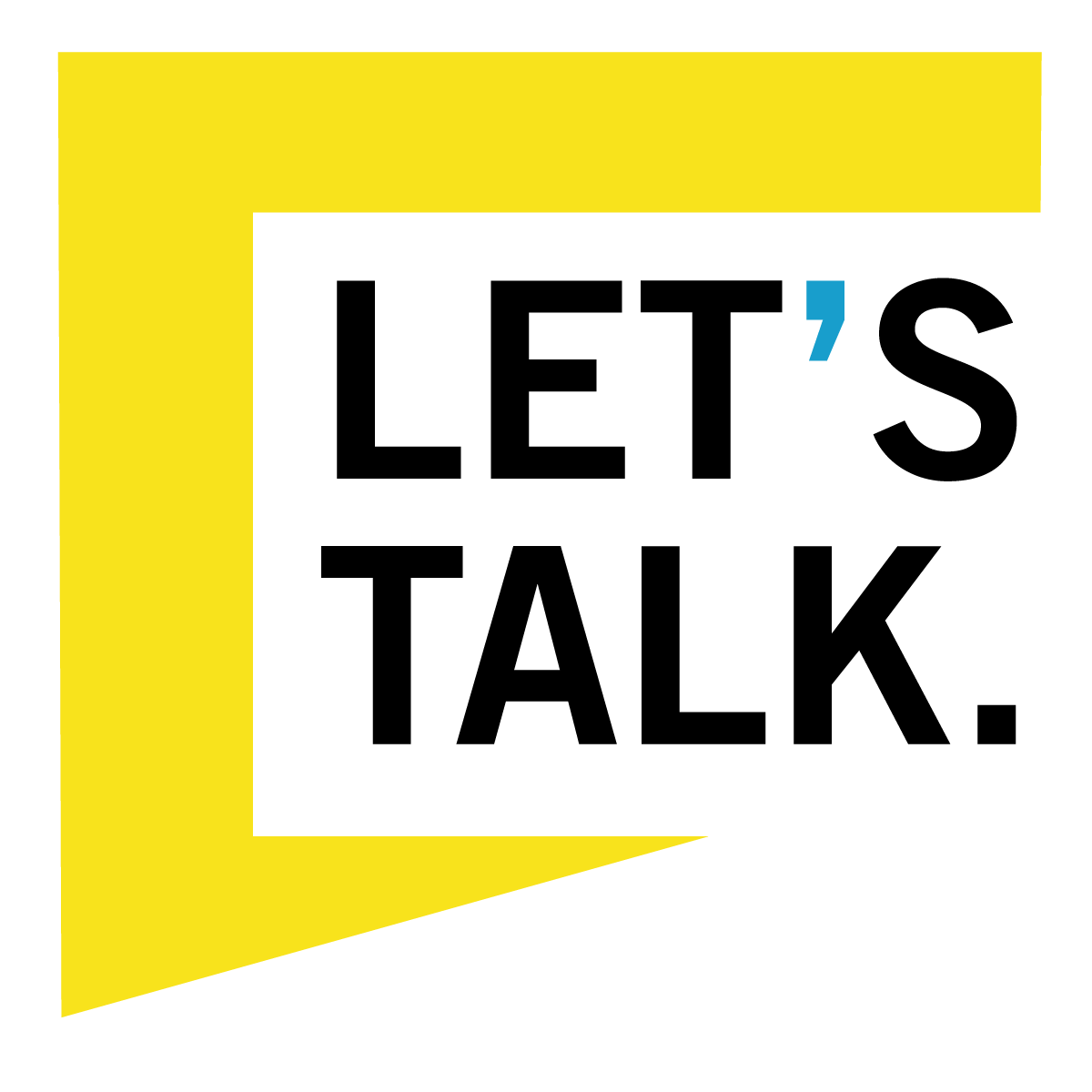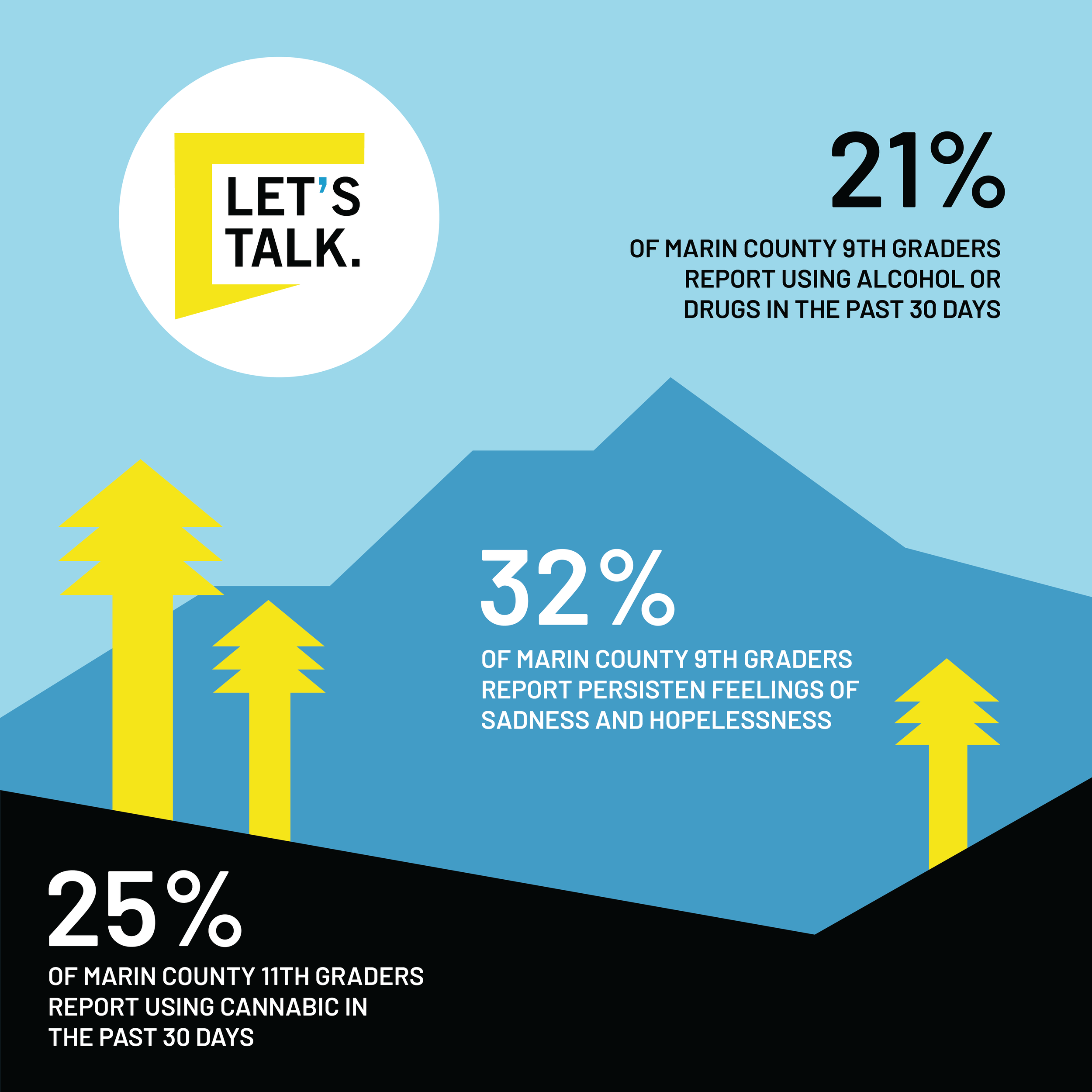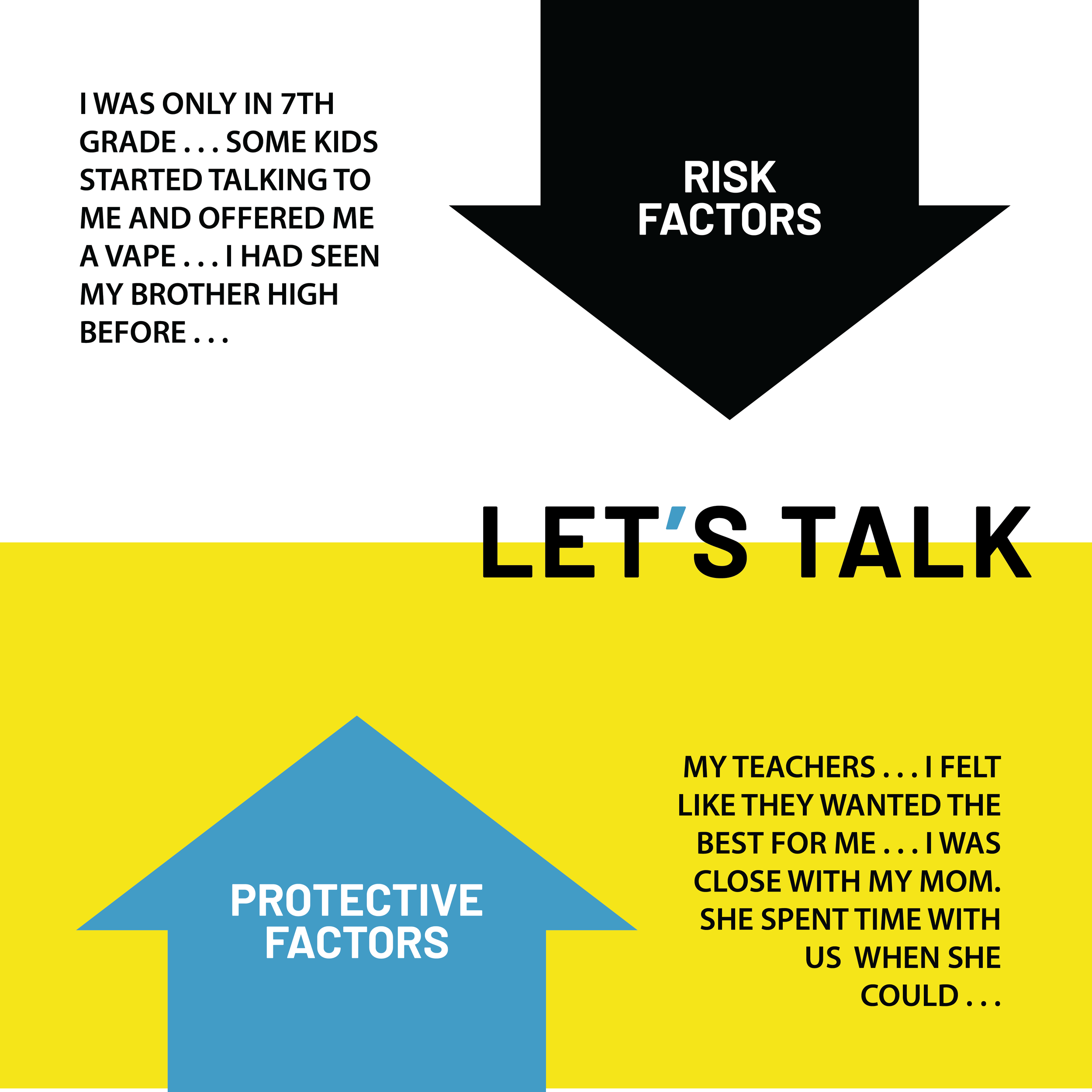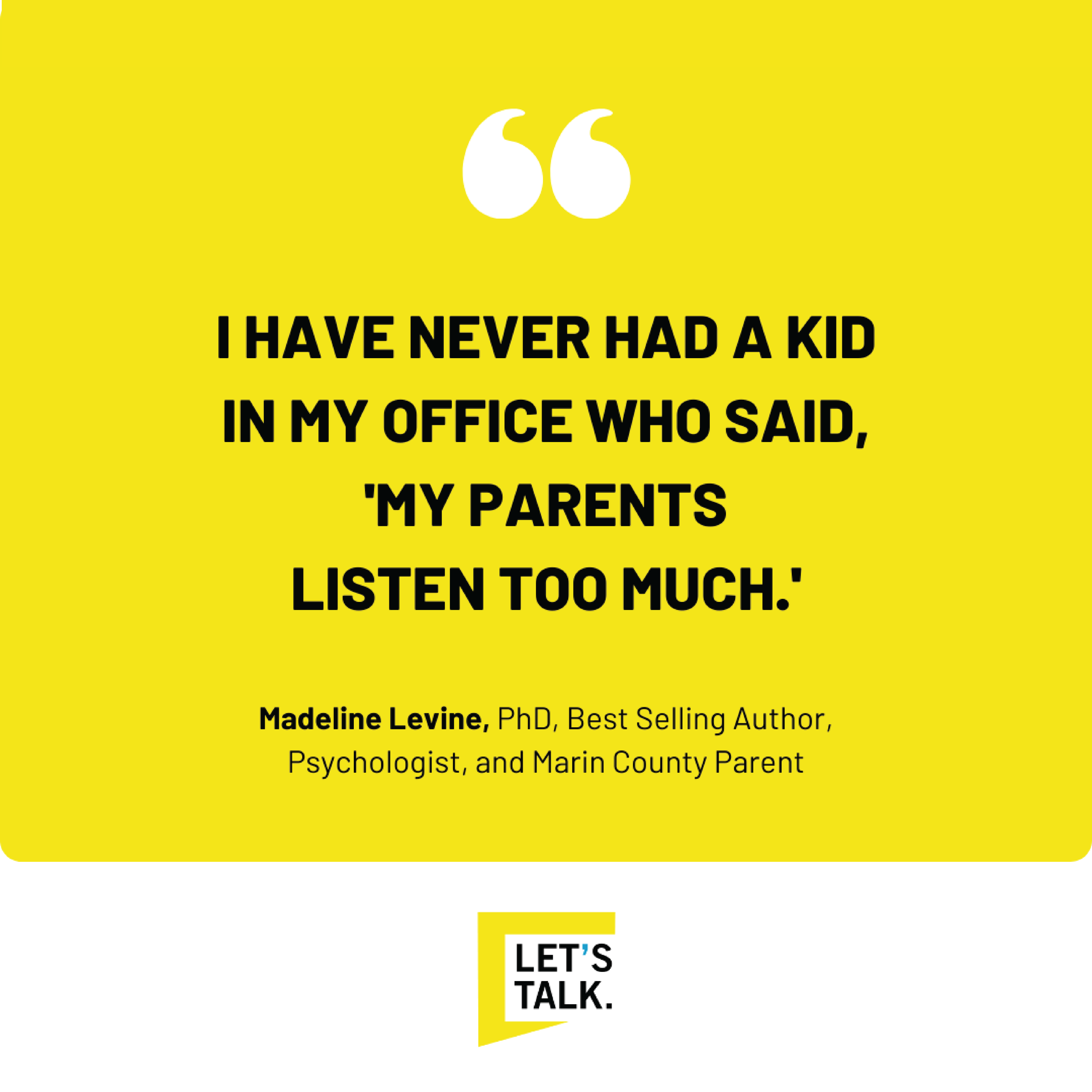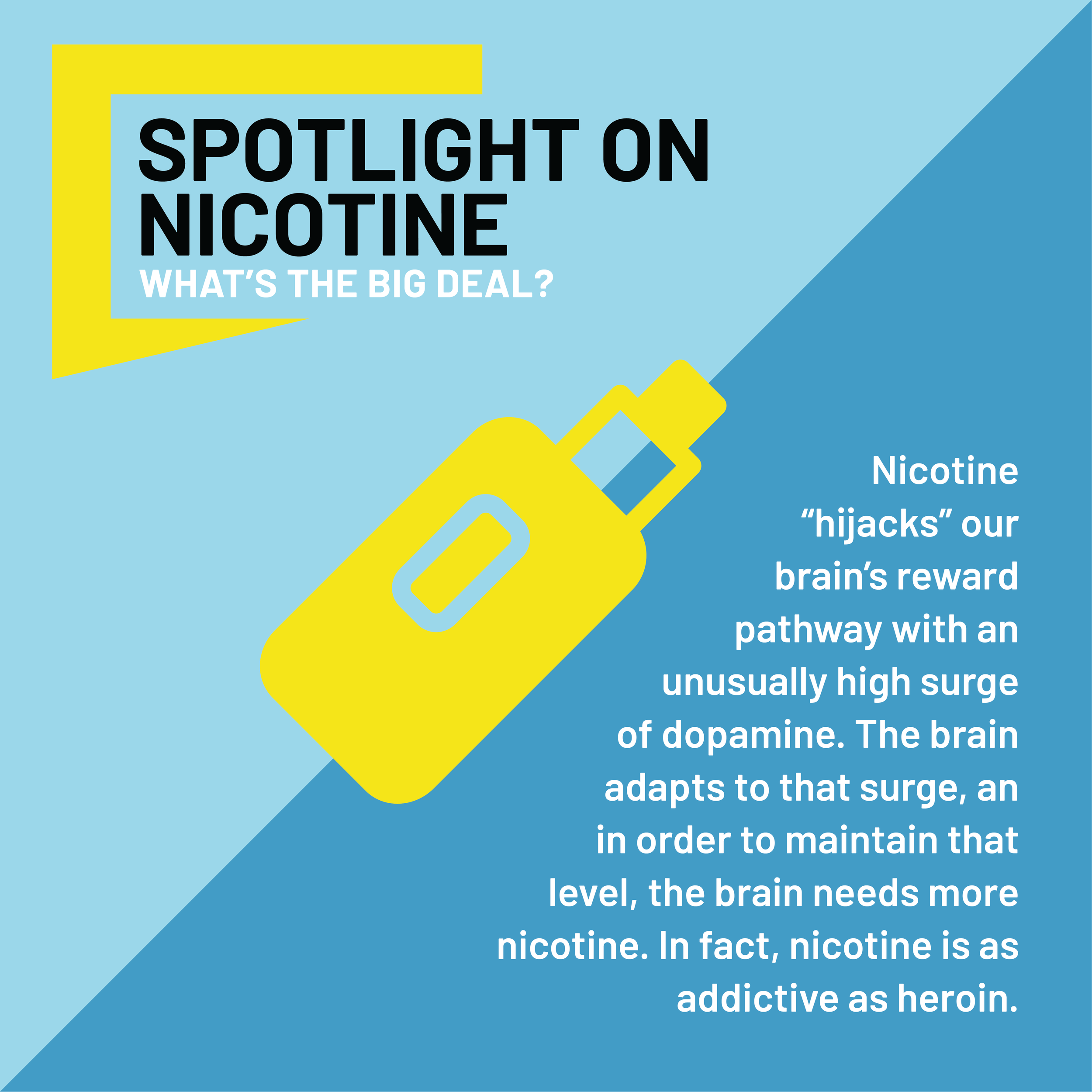Social Media KIT
To share any of the posts below simply SAVE, COPY and SHARE! First, click the button to Download Image (if on your mobile device you’ll then hold down the image and choose SAVE TO PHOTOS). Next you’ll expand the Caption, select the text and COPY it. Finally, SHARE to social media!
-
According to the data, teens in our community have easy access and the opportunity to use drugs and alcohol. This is a reality. But as parents and caregivers, we can help them navigate through this environment.
Where can we start? Know the facts, communicate openly, and listen to our teens.
Find updated information and resources at letstalkmarin.org.
Follow @marinhyp on Instagram.
#letstalkmarin
-
Risk-taking and teenagers are best friends.
While the teen brain is doing exactly what it is supposed to do, there are many other factors impacting our kids and their development. Some influences put young people at risk for substance use and other influences help protect them from early substance use.
TRY THESE 3 WAYS TO BOOST PROTECTIVE FACTORS FOR YOUR TEEN:
Help your teen identify and foster their interests and hobbies.
Spend meaningful and focused time with your teen.
Help your teen to build up positive coping skills by role modeling, talking, and exploring what helps them face challenges in a healthy way.
Find updated information and resources at letstalkmarin.org.
Follow @marinhyp on Instagram.
#letstalkmarin
-
Teens often use cannabis to relax. It is generally perceived as socially acceptable and not as dangerous as other drugs. But with higher THC levels and still-developing brains - the risks are real and include: cognitive impairment, poor academic performance, lack of motivation, addiction, mental illness, suicide, and other drug use.
Find updated information and resources at letstalkmarin.org.
Follow @marinhyp on Instagram.
#letstalkmarin
-
Substance use in the teen years certainly is not new. In fact it can seem like a normal part of adolescence, whether it’s happening in our own backyard or glamorized in movies. This is just what they do, we may think. No big deal. The reality is that it is a big deal, and here’s a couple reasons why:
Brain Learning: The teen brain is learning new information and skills rapidly and it “learns” substances with the same efficiency. “Experimentation” with substances can spiral from into misuse or addiction a lot easier for teen brains.
Mental Health: Underlying mental health challenges can lead to substance use, but we also know that substance use can lead to mental health challenges.
Find updated information and resources at letstalkmarin.org.
Follow @marinhyp on Instagram.
#letstalkmarin
-
Listening to our kids isn’t just about hearing their words; it’s about understanding their experiences and making space for them to process their lives. Creating this space fosters trust, builds their resiliency and strengthens their relationship to you. Asking “curious questions” allows our children to share their views and perspectives. In many ways, they are experiencing a world that we know little about. As parents, we don’t always have to be the experts.
If you’d like to learn more about how to talk to your teen, visit us at letstalkmarin.org.
-
Nicotine causes a surge of adrenaline and a release of dopamine, the happy hormone. It can make someone feel relaxed and reduce anxiety, and even increase concentration.
SO WHAT’S THE BIG DEAL? Nicotine hijacks the part of our brains that are responsible for recognizing pleasure. The brain adapts to the surge of dopamine, and in order to maintain that level, the brain needs more nicotine. This leads to dependence. In fact, nicotine is as addictive as heroin.
Find updated information and resources at letstalkmarin.org.
Follow @marinhyp on Instagram.
#letstalkmarin
-
Alcohol is easy to get, easy to consume, and socially accepted. It lets the user unwind, relaxes inhibitions, and it can feel, well, fun (at first).
SO WHAT’S THE BIG DEAL? Teens tend to use alcohol to get drunk, and our bodies don’t actually like being drunk at all. That initial relaxing buzz can quickly turn into over-consumption, leading to a long list of problematic outcomes.
According to local data, teens in our community have easy access and the opportunity to use alcohol. This is a reality. But as parents and caregivers, we can help them navigate through this environment.
Where can we start? Know the facts, communicate openly, and listen to our teens.
Keep reading to learn more, and find updated information and resources at letstalkmarin.org.
-
It may seem like what you think no longer matters, especially compared to your teen’s friends. What we know is that this just isn’t true. While your teen is growing their appreciation of a peer network, parents can still have the greatest impact on their teens decision-making. Here are a few ways.
Role Modeling
Our actions and attitudes have told our kids a story about substance use since they were young. Now may be the time to reflect upon what you have already communicated about alcohol and drug use, often without realizing it. If you suspect that your kids got a story that isn’t the one you want for them, there is time to start writing a different story.
Monitoring
We want our kids to learn independence and good decision making skills. The key is to encourage those skills with safe and clear boundaries that are established and monitored. Kids who have rules and know that they are being supervised are at less risk for substance use.
Involvement
Even if your teen is sending you messages that say they don’t want involvement (a closed bedroom door, a roll of the eyes when we ask “how was your day?” or a straightforward “stay out of my life!”), the reality is that our teens still crave knowing that we care. They still make sense of the world through their attachment to us.
Find updated information and resources at letstalkmarin.org.
Follow @marinhyp on Instagram.
#letstalkmarin
